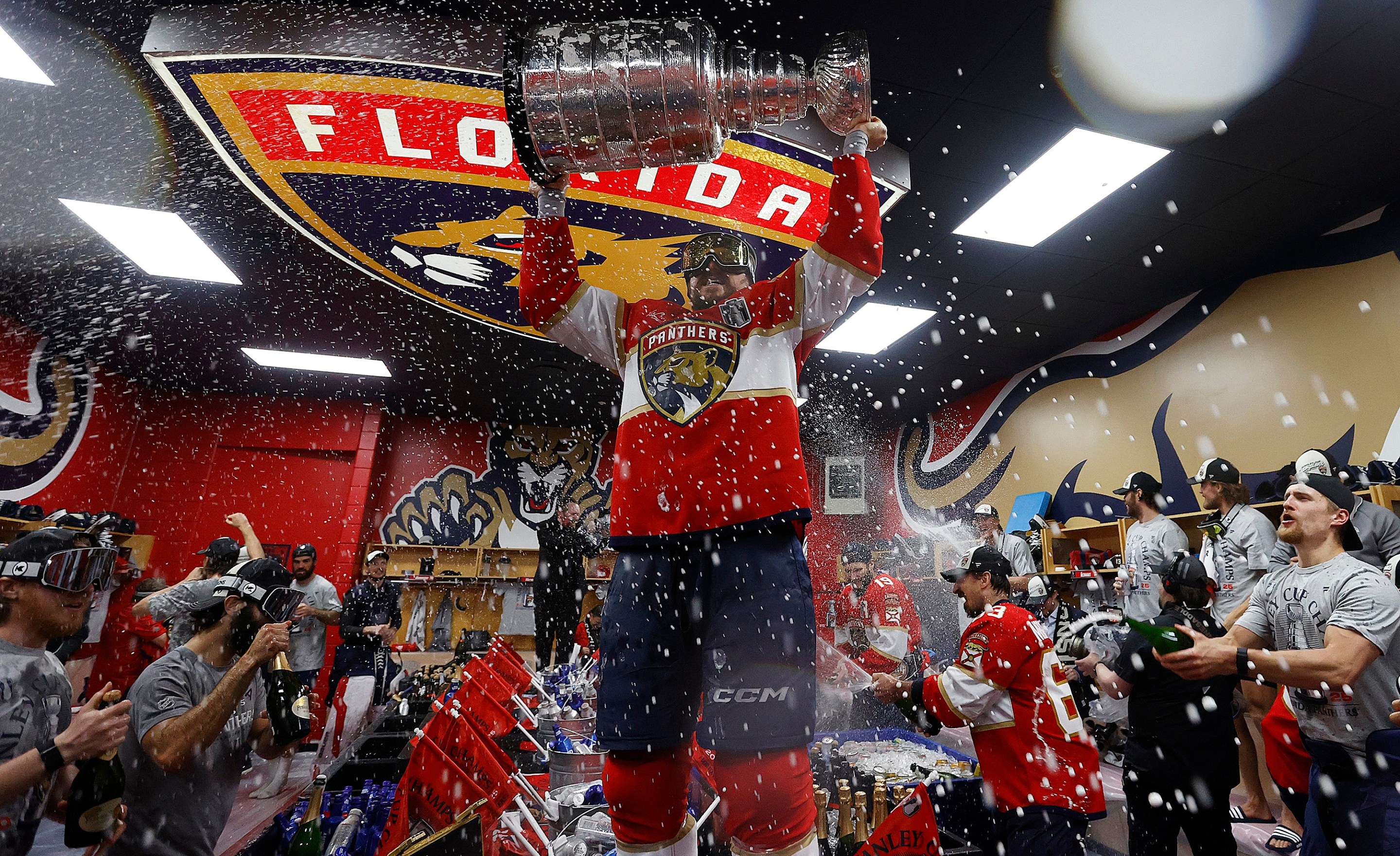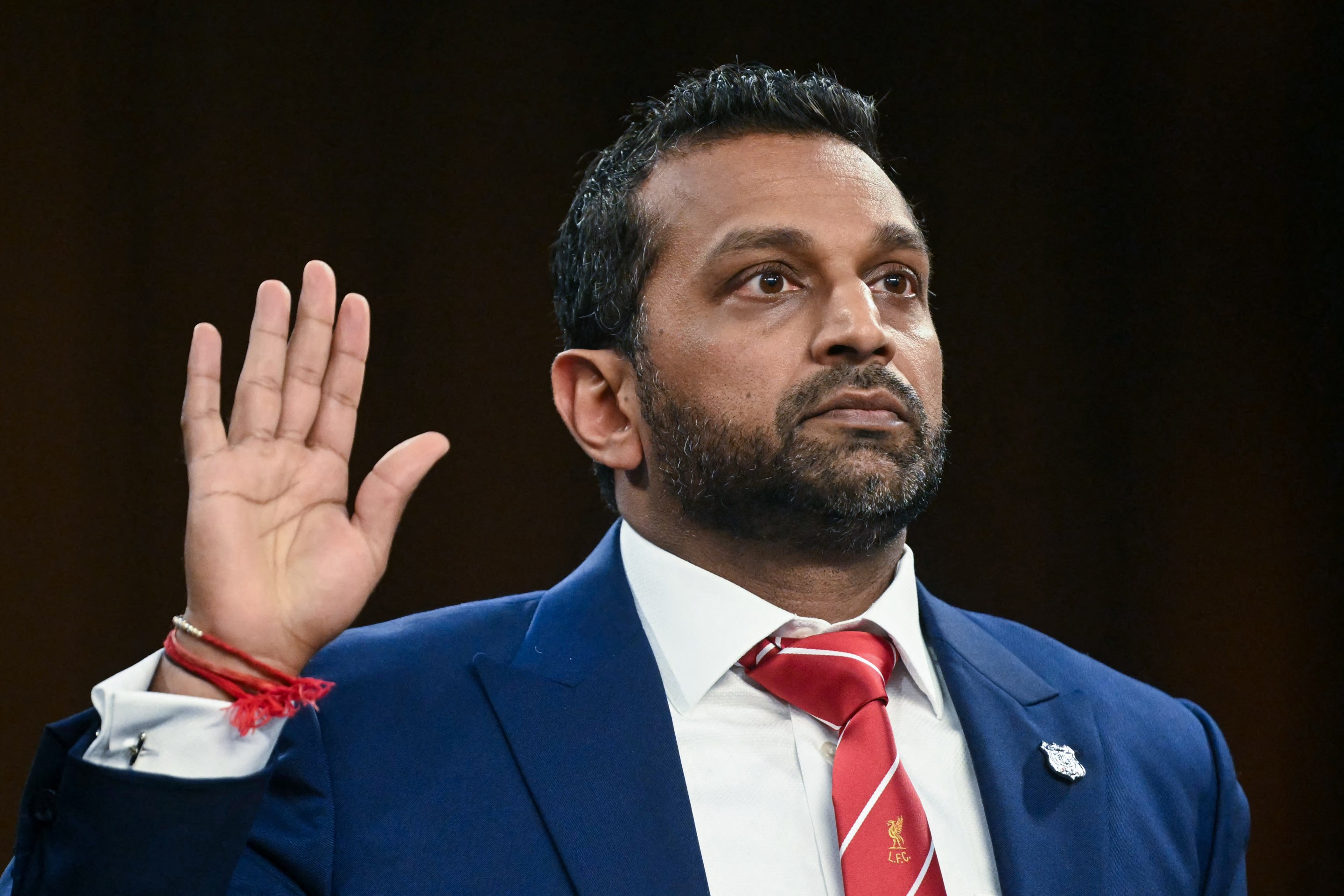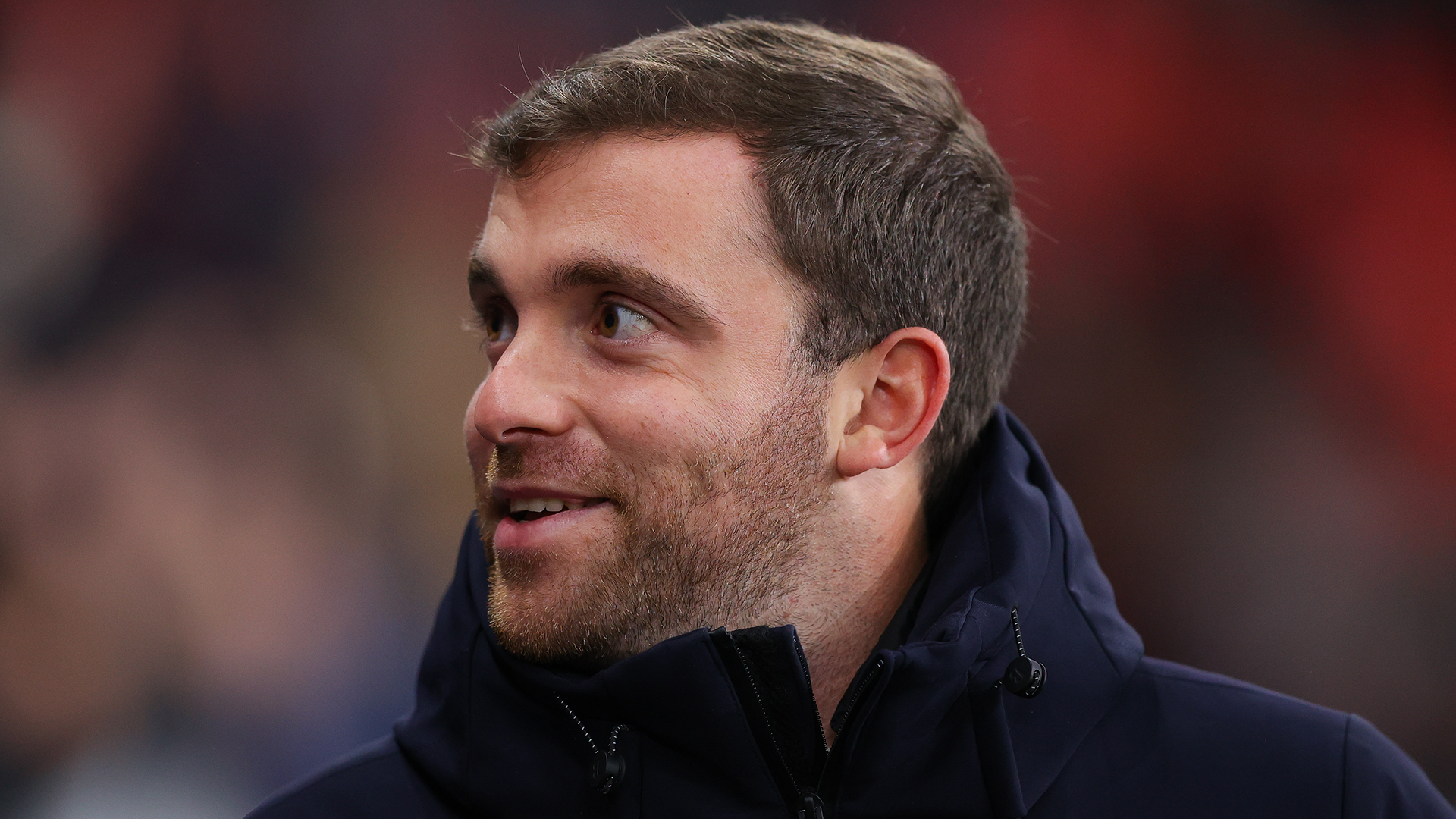The Panthers are the reason your favorite team stinks. Not because they've ruined all those other teams' records, though they have, but because Florida has successfully built what every front office in a copycat league has and will continue to ineffectively flail toward. Everyone holds up "toughness" as the ideal form of playoff hockey. They want to get "tougher." Meaner. More physical. They ignore the part, or take shortcuts around it because it's difficult to achieve, where Florida's toughness is merely a flavor of its skill. The Panthers are good. They score goals and they wear down defenses and generally make life difficult for opposing skaters because they finish their checks and protect their guys and drive you slobberingly insane with rage because they know where the line is, and play comfortably just on either side of it.
Your favorite team, in search of toughness to help get over a playoff hump, will do things like—say—sign Ryan Reaves for three years. The Panthers, on the other hand, will do things like trade for Matthew Tkachuk and let him define their whole identity, or acquire Sam Bennett for a song and watch him win the Conn Smythe, or get Brad Marchand (poster boy for "good enough that he doesn't need to do the extracurriculars, but better for having them in his bag") at the deadline.
It's a team-wide buy-in. "We needed everybody, like we have every single game," a champagne-drenched Tkachuk said Thursday night. Six different Panthers had more than 20 points in this postseason; eight had more than 20 penalty minutes. Panther hockey values both. Sometimes this looks like dirty play; often it is. But it's a means to an end instead of an end in itself. The end is a second straight Stanley Cup, lifted at home after running the Oilers out of the joint 5–1 in Game 6.
The Panthers go for the throat. "Not being down 2-0 after the first period will go a long way," Leon Draisaitl said before this one, after having previously been outscored 11-4 in the first period in this series, and in the light of day it reads more like a plea than anything else. The Oilers were again and for the last time down 2-0 after the first period, the same story as always: solid play, and backbreaking turnovers that Florida rarely fails to exploit. If this game had a killshot, it was, mentally, the very first goal, Sam Reinhart snatching the puck from Evan Bouchard, then dancing around Mattias Ekholm and bodying his way to a falling goal past Stuart Skinner. It was the series in a nutshell: The Panthers driving play whether they had the puck or not, winning the battles in close quarters, and almost always delivering the effort required.
Bouchard's inability to bring the puck up unmolested led to a second Panthers goal, but it was the third that really represented the end of the line for Edmonton. Off a nothing of a shot, Skinner allowed the juiciest rebound anyone's ever seen, and the Oilers got caught puck-watching. Aleksander Barkov skated in untouched to fire a puck off the skate of Reinhart, who had too-easily nudged his way into the crease. Edmonton looked and played like a beaten team. By the time Reinhart collected a couple empty-netters to push his goal total to four on the night, it felt gratuitous.
Two Cups and three Finals in three years is remarkable in this era, and not just for the miles it puts on skaters (Tkachuk revealed he was playing with a torn adductor muscle and a sports hernia, suffered in the 4 Nations Face-Off). The salary cap requires wannabe champions and even dynasties to reconfigure on the fly. That requires an aggressiveness and risk-taking that many front offices don't possess. Parting with Jonathan Huberdeau, for example, to get Tkachuk, or sending a first-round pick and a potential future No. 1 goalie to land Reinhart, or shipping high picks to bolster the lineup with Marchand and Seth Jones this year, or having to build an entirely new fourth line from scratch in free agency a season after an effective one helped them win a Cup. That fourth line played heavy minutes and earned them.
After Barkov, the captain, lifted the Cup, he did not hand it to a wizened veteran, as is generally procedure in these things. Instead, he handed it to Nate Schmidt, the first of seven players on the Cup roster new to the Panthers this year, and they each got their laps with the big shiny fella before the longer-tenured Cats had their turn. “Those guys who haven’t won yet, let them feel it," Tkachuk said. "Let them go first."
One of those new guys, grinder A.J. Greer, is on his fifth team, and he marveled at how the Panthers have managed to create continuity even on an ever-changing roster.
"From the trainers and management, to the food, the way we travel, the way we recover, I’ve never seen this before and there’s a reason why we’re doing so well,” Greer said. “It’s the culture and it’s something that was definitely built here and it’s something that’s respected. Culture can be brought in, but it can quickly go out the door, too."
The cap will have its say this summer; it always does. It will be nearly impossible to bring back both Bennett and Aaron Ekblad. There's also the question of a reunion with Marchand, who was huge in the postseason. There will be rejiggering in the margins. GM Bill Zito has more than earned the benefit of the doubt on the tough decisions that will have to be made in Sunrise, because he's really built something special here. These Panthers led for a ridiculous 51 percent of game time in this postseason, and trailed for a mere 18 percent. They faced an elimination game just once, against Toronto, and won it in a laugher. They lost two straight just once, then flipped the switch and never looked back. They have clinically, comprehensively overwhelmed the best that the rest of the league has to offer, and barely looked to break a sweat. That's not true, of course; this is hard. All of this is hard. Only their top-to-bottom skill, compounded by roughneck monkeyshines and a refusal to take shifts off, allowed them to cruise. It takes effort to look effortless. The Panthers gave it all.






